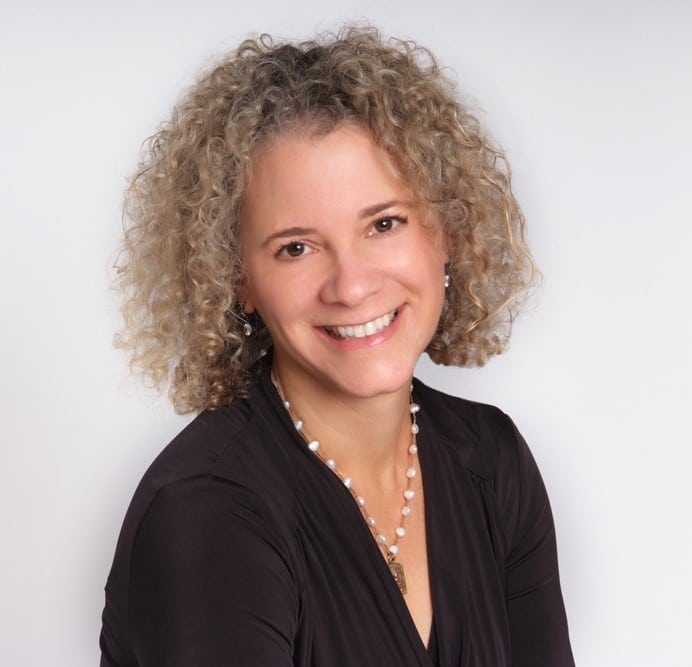Deconstructing Mindfulness with Dr. Rebecca Williams
In this episode, Dr. Rebecca Williams discusses her definition of what is mindfulness. Tune in today to hear what tips, advise and words of wisdom she can provide you in just 25 minutes.

In this episode, Dr. Rebecca Williams discusses her definition of what is mindfulness. Tune in today to hear what tips, advise and words of wisdom she can provide you in just 25 minutes.

Memorable Moments:
Dear Mind, You Matter is brought to you by NOBU, a new mental health and wellness app. To download NOBU, visit the app store or Google Play.
This podcast is hosted by Allison Walsh and Dr. Angela Phillips. It is produced by Allison Walsh, Ashley Tate, and Nicole LaNeve. For more information or if you’re interested in being a guest on this podcast, please visit www.therecoveryvillage.com/dearmindyoumatter.

Rebecca Williams is an award-winning author, psychologist, and wellness expert specializing in healthy recovery from mental illness, addiction, and life’s challenges. For the past 25 years, her work has focused on building resilience and embracing emotional well-being. She has been a program director at the VA San Diego Healthcare System and an associate clinical professor at The University of California, San Diego School of Medicine. A life-long yoga enthusiast, Rebecca has also been a yoga instructor. She was able to combine the ancient wisdom of yoga and mindfulness with compassionate recovery from addiction in her books. Rebecca has collaborated for over ten years with marriage and family therapist, Julie Kraft. Their first book together, The Mindfulness Workbook for Addiction: A Guide to Coping with the Grief, Stress, and Anger that Trigger Addictive Behaviors is popular with both therapists and recovering clients. Their workbook is used in virtual counseling, group therapy, and addiction recovery centers across the country. The Mindfulness Workbook for Addiction has been translated into Korean, Japanese, Hungarian, and coming soon in Russian! Continuing their writing journey together, Rebecca and Julie created a new book, The Gift of Recovery: 52 Mindful Ways to Live Joyfully Beyond Addiction. The Gift of Recovery is like a pocket coach offering lots of in-the-moment mindfulness skills and adds powerful daily affirmations as clients continue on their personal healing journey.
The Mindfulness Workbook for Addiction: A Guide to Coping with the Grief, Stress, and Anger that Trigger Addictive Behaviors (winner of the San Diego Book Award) and The Gift of Recovery 52 Mindful Ways to Live Joyfully Beyond Addiction (Gold Winner of the Living Now Book Award and Silver Winner of the Nautilus Book Award)